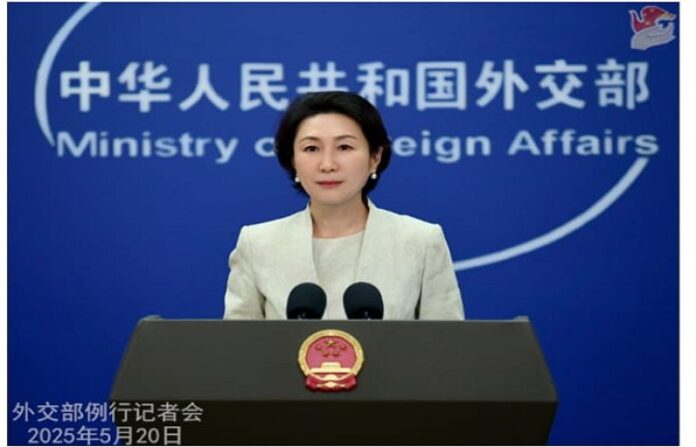In a bold step set to redefine the architecture of global dispute resolution, China is preparing to unveil a pioneering international organization solely dedicated to mediation. On May 30, 2025, Chinese Foreign Minister Wang Yi will participate in the official signing ceremony of the newly formed International Organization for Mediation (IOMed), to be held in Hong Kong.
This new intergovernmental institution will be the first of its kind — designed to provide an alternative, non-adversarial path for resolving state-level, investor-related, and commercial disputes. The move signals Beijing’s broader ambition to champion dialogue-based conflict resolution on the world stage.
A Long-Term Vision Comes to Fruition
The IOMed is the product of years of quiet diplomacy and collaboration, first initiated in 2022 by China alongside nearly 20 other countries. Now, the effort is gaining substantial momentum, with roughly 60 nations and 20 international organizations — including prominent UN bodies — expected to participate in the signing event and a concurrent Global Forum on Mediation.
According to Foreign Ministry Spokesperson Mao Ning, the organization will emphasize inclusivity and equality among states while promoting mediation as a culturally sensitive, practical tool for resolving disagreements.
Rethinking Global Dispute Resolution
Traditionally, international disputes have been routed through arbitration or litigation. Yet, critics argue that these systems are increasingly rigid, expensive, and often reflect the legal cultures of dominant global powers. IOMed aims to change that.
“Mediation honors mutual understanding and is consistent with the values of harmony deeply rooted in Eastern traditions,” Mao Ning stated at a briefing on May 20. “It is a more human-centered alternative that avoids the zero-sum nature of many legal confrontations.”
The rise of IOMed comes at a moment of heightened global uncertainty. With traditional institutions such as ICSID and the WTO dispute mechanism under strain, many nations — particularly in the Global South — are seeking more balanced platforms to resolve disputes.
Hong Kong: A Symbolic and Strategic Choice
By selecting Hong Kong as the permanent home for IOMed, China is sending a clear message. Once a global trading post under colonial rule, the city is now being repositioned as a neutral ground for East-West legal engagement. The decision also serves to restore confidence in Hong Kong’s role as a credible international legal center following years of political turbulence.
For Beijing, the move reinforces Hong Kong’s potential as a gateway for legal diplomacy — where tradition, international standards, and regional cooperation intersect.
A New Chapter for Global Mediation
The creation of IOMed marks a paradigm shift in how nations may choose to settle disputes in the future. Rather than rely solely on combative legal mechanisms, countries now have a dedicated institution to pursue consensus and cooperation.
As the world grapples with overlapping crises and rising polarization, the emphasis on mediation — and the establishment of a body to institutionalize it — may prove to be one of the most consequential legal innovations of this decade.
